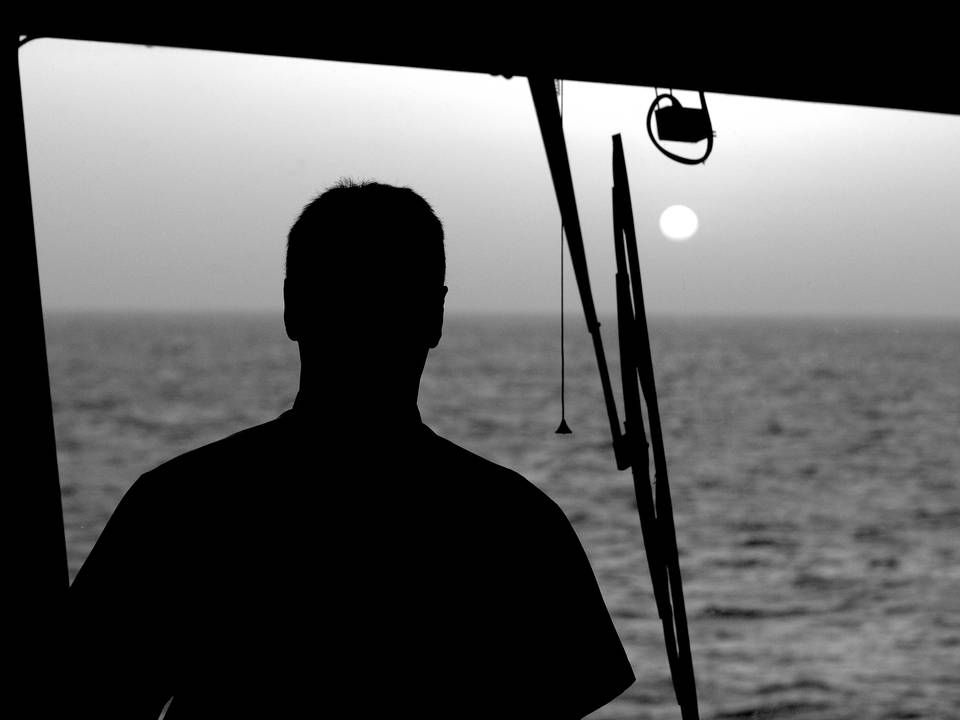Denmark to fight pirates off West Africa

Denmark's new anti-piracy strategy for 2015-2018 is nearing completion and will likely be ready for presentation in January. After the successful efforts off Somalia, the government is gearing up to fight piracy off the coast of West Africa - but this represents a far more complicated task.
Denmark will start fighting piracy off the coast of West Africa, according to the government's new anti-piracy strategy for 2015-2018, which has been made available to ShippingWatch. After participating in the international anti-piracy efforts off Somalia for four years - efforts headed by the EU and NATO - it is now time to act on the piracy problem in the Gulf of Guinea, the vast sea area off the coast of Nigeria, among other countries, according to the Danish government.
However, the efforts off West Africa will constitute a significantly different task than the one undertaken in the Gulf of Aden off the coast of Somalia. This is not least due to the fact that the region holds many different coastal states with very different interests to consider, and that West Africa - as opposed to the shipping industry's lifeblood, Asia-Europe, which runs through Suez and the Gulf of Aden - has traditionally not been ranked high on the global political agenda. But with ten percent of the global fleet, the fight against piracy features prominently on Denmark's international agenda.
"The approach at West Africa will be more "soft" compared to how the anti-piracy efforts off Somalia were performed. We need to get the individual countries on board in order for it to succeed. We need to use a wide range of initiatives, and the efforts will likely stretch for a much longer period of time," one source familiar with the coming initiative tells ShippingWatch.
Danish fleet participation
One initial concrete step for Denmark could involve having having Danes participate in the foreign missions that have been in place in the region for several years.
A contact group of around 40 nations has been coordinating the efforts at the Gulf of Aden, where Denmark has participated with warships as well as other various initiatives, legal matters and local capacity building. The International effort, and not least the international naval fleet present in the Gulf of Aden, has gradually reduced the number of pirate attacks to a minimum.
The new Danish strategy, however, does not set the stage for a noticeable reduction of the Aden efforts, and Denmark hopes that the other countries will also continue their efforts in the region, as the country fears that reduced efforts will rekindle piracy. On the other hand, the new initiative does not include military efforts off West Africa - at leasts not at first.
This attitude is shared by the EU Commission. When ShippingWatch interviewed now-departing Commissioner for Transport, Siim Kallas, ahead of the summer holidays, he stressed that the EU has no plans to deploy warships to protect the international commercial fleet.
The European Community Shipowners' Associations (ECSA) and the Danish Shipowners' Association, among others, have called for anti-piracy efforts off the coast of West Africa, where the number of attacks is growing, and the attacks are more violent in nature.
Shipowners lack overview of West African piracy
Risk Intelligence: Pirates off West Africa not withdrawing
Highest number of Asian pirate attacks in many years
Related articles
Shipowners lack overview of West African piracy
For subscribers
Risk Intelligence: Pirates off West Africa not withdrawing
For subscribers
Highest number of Asian pirate attacks in many years
For subscribers





















